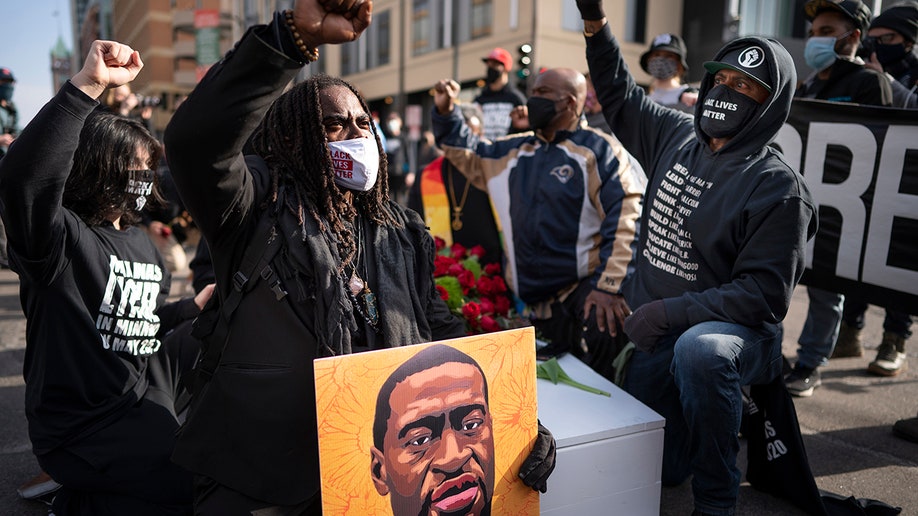

They interviewed officers who oversee training and policy making decisions within the police department. They interviewed members of the Minneapolis Police Department, command staff. They had interviewed over 50 members of the Minneapolis Police Department, including the officers who responded to the scene after Mr. These agents combined have engaged in an extensive and far reaching investigation. The Federal Bureau of Investigation included at least 20 additional agents in their investigation. In this case, you will learn that the evidence has been collected broadly and expansively, Minnesota Bureau of Criminal Apprehension employed nearly 50 case agents, analysts, and technicians to investigate this case.

There is no political or social cause in this courtroom.īut the evidence is far greater than nine minutes and 29 seconds. I agree with counsel for the state it is nothing more than that. And that’s what this case is ultimately about it’s about the evidence in this case, the evidence that you will see in this case during this trial. In other words, common sense is the application of sound judgment, based upon a reason analysis. Common sense tells us that we need to examine the totality of the circumstances to determine the meaning of evidence and how it can be applied to the questions of reasonableness of actions and reactions. Common sense tells you that there are always two sides to a story. What would a reasonable police officer do? What is a reasonable use of force? What would a reasonable person do in his or her most important affairs? What is a reasonable doubt? As such reason, dictates and necessitates how the evidence must be looked at and analyzed in every single case.Īnd common sense is exactly that it’s common sense.

Reason is an idea that wholly permeates our law, our legal system, and it forms the foundation, and you will see and hear that repeatedly throughout the course of this trial. At the end of this case, we’re going to spend a lot of time talking about doubt, but for purposes of my remarks this morning, I want to talk about reason and common sense, and how that applies to the evidence that you’re about to see during the course of this trial. Members of the jury.Ī reasonable doubt is a doubt that is based upon reason and common sense.


 0 kommentar(er)
0 kommentar(er)
